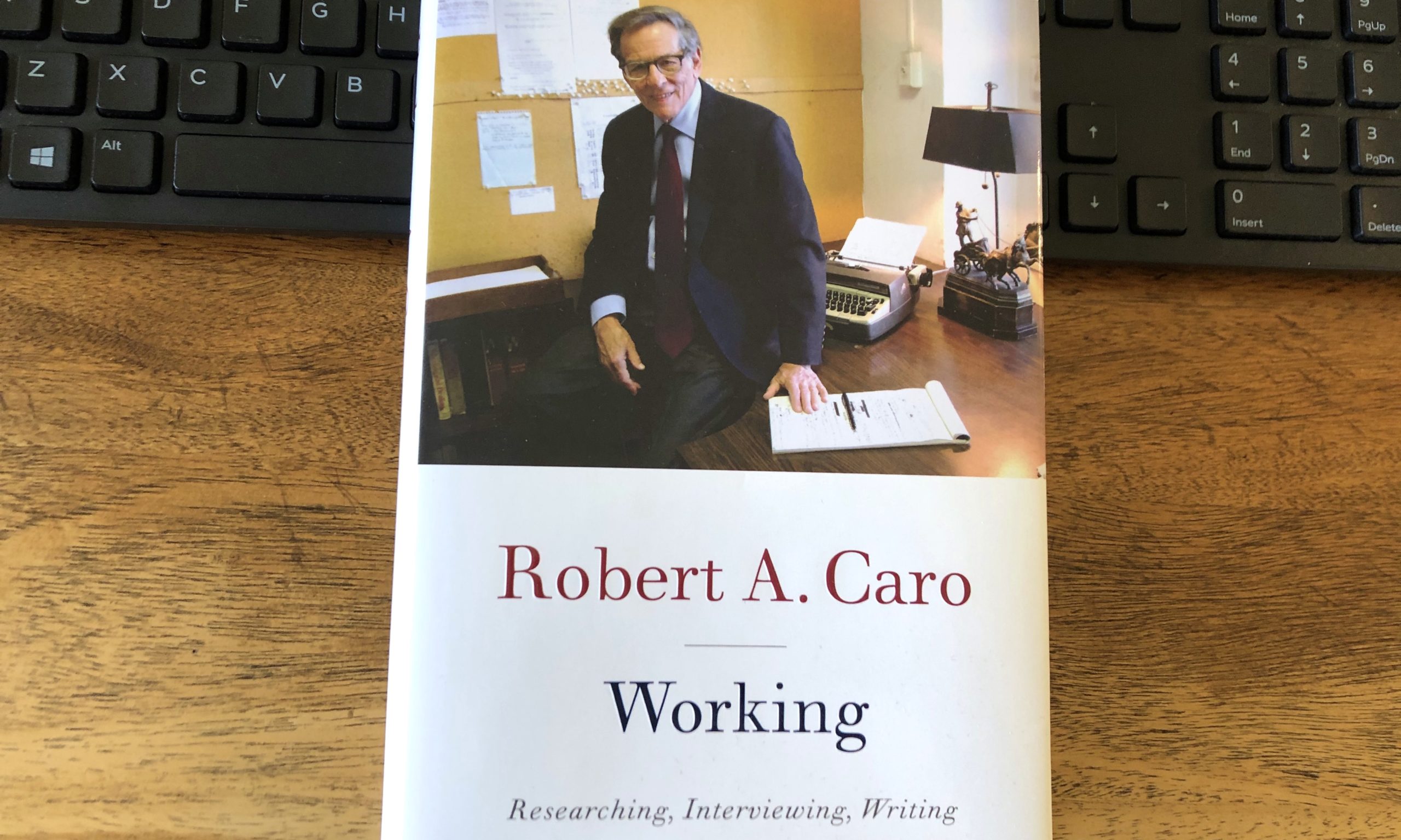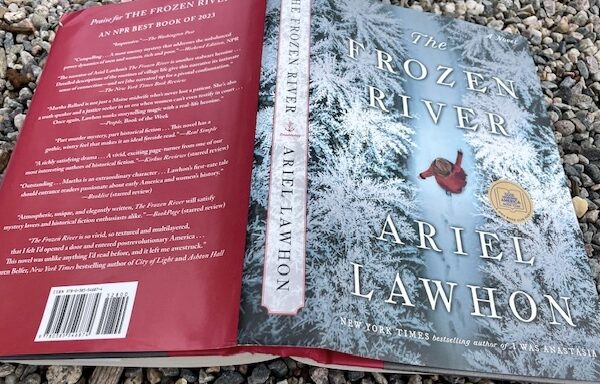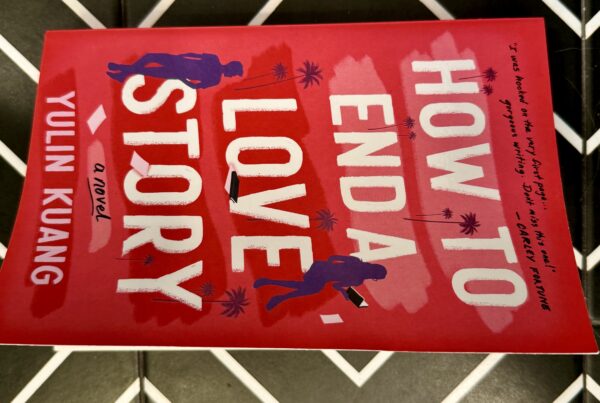At first I picked up Robert Caro’s memoir because the historian, journalist and teacher in me were curious. Caro’s The Power Broker: Robert Moses and the Fall of New York is the only 1,300-page nonfiction book I’ve ever read cover to cover. This 1974 biography is still a wonder, packed with meticulous anecdotes that lift bureaucracy’s shroud. I wanted to see what Caro is up to now, in his mid-eighties, with a book at just over 200 pages.
Caro’s account in Working, a collection of essays and remembrances, delivers what you would expect and more: gasp-inducing stories about how Caro discovered papers Moses didn’t want him to see, how Caro aimed to “turn every page” when going through archives, how he convinced the people of Texas’ Hill Country to reveal the warts on Lyndon Johnson’s childhood.
Yet, just as Caro insists that he chose Moses and Johnson as his subjects not because he wanted to write about these men in particular but because he wanted to explore “what power does to people,” this memoir plumbs a deeper through line than simply honoring truth in a slippery news landscape.
Caro’s self-admitted obsessiveness with finding out every last detail he can – a trait he insists many times he cannot help – makes him able to tell people’s stories as they intended them to be told. He leaves their legacies on paper. So, through his research, we can internalize the previously indescribable manual labor the women of the Hill Country endured before electricity, or the close neighborhood feel the families of East Tremont savored before the Cross-Bronx Expressway rammed through.
As Caro reflects in a 2016 interview from the Paris Review at the end of the book, “You have to ask yourself, Are you making the reader see the scene? And that means, Can you see the scene? You look at so many books, and it seems like all the writer cares about is getting the facts in. But the facts alone aren’t enough.”
This book made me want listen, really listen, to the stories of the people around me. Whether you are a writer or reader or both, this book will remind you of the impact of such stories as well – what makes those facts worth setting down in the first place.




